SPEAKERS
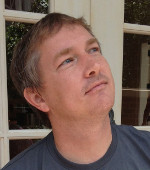
Brandon Carlson
A self-proclaimed nerd, Brandon Carlson works for Lean TECHniques, Inc., an IT consultancy that helps teams deliver high-value, high-quality products to market. Since starting his career in 1995, Brandon has been blessed with nearly 20 years of experience to remind him how much more there is to learn. Passionate about elevating the performance of the IT industry, he has helped numerous organizations from startups to Fortune 100 companies improve their product development and delivery systems. Brandon’s current interests include behavioral psychology and professionalism in the world of software development. He can be reached on Twitter and pretty much everywhere else on the web as “bcarlso”.
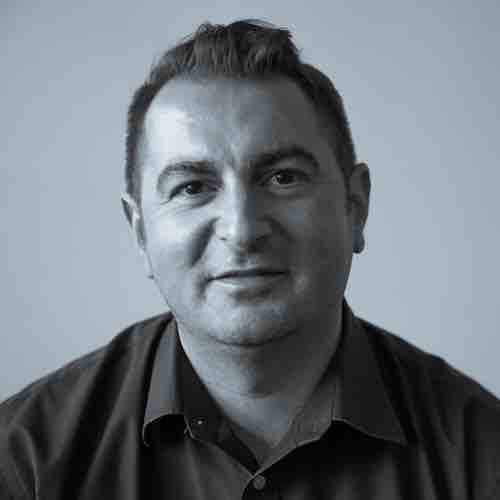
Jason Kline
Jason has over 20 years experience working in the technology industry, and specializes in helping companies continuously deliver value quickly by using Lean|Agile techniques. Currently an Enterprise Agile Coach and Trainer at SolutionsIQ, Jason splits his time between instructing classes, coaching Scrum and Kanban teams, and helping organizations transform. Prior to SolutionsIQ, Jason held engineering and Agile transformational leadership roles at Salesforce, Good Technology, and Nokia.
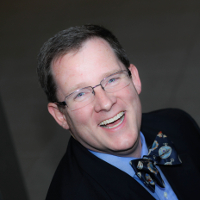
Jeffrey Davidson
Jeffrey Davidson has been exploring the boundaries of building world-class IT teams through leadership, training, and coaching teams and executives for over 20 years. A recognized expert in building agile software development teams, he has taught thousands and consulted with multiple Fortune 100 corporations. Jeffrey’s ability to blend strategic thinking, powerful questions, and experience makes him a desired coach when companies want to turn theoretical knowledge into real-world application.
Jeffrey’s goal is simple, he wants to help you and your team achieve greatness. Does that sound so hard?
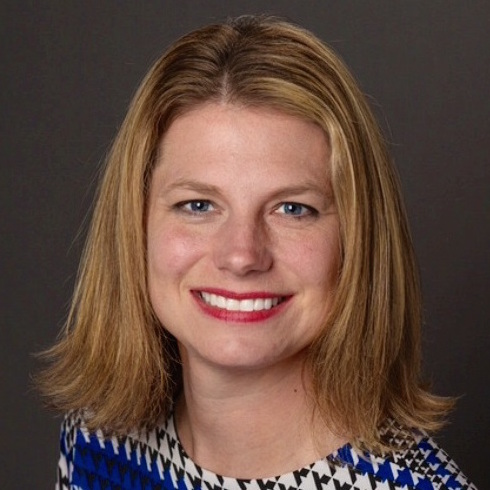
Jodi Jones
Jodi Jones is an agile software delivery consultant and coach for Source Allies. She enjoys working with software development teams, and focuses on improving delivery using agile techniques.
She is a change enthusiast with a passion to make organizations and the community a great place to work for technology professionals. Jodi co-founded both the Des Moines Charity Hackathon and the Des Moines Agile conference, as well as organized internal company hackathons.
When not collaborating with her team, you will probably find her running on local trails or racing in her next marathon.
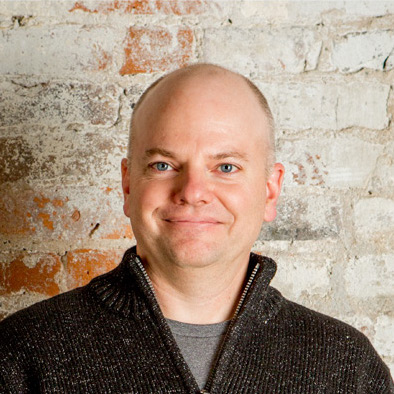
Kent McDonald
Kent J. McDonald uncovers better ways of delivering value by doing it and helping others do it. His 20 years of experience include work in business analysis, strategic planning, project management, and product development in a variety of industries including financial services, health insurance, performance marketing, human services, nonprofit, and automotive. He is active in the business analysis and agile software development communities helping people share stories about what does and does not work. He shares those stories at beyondrequirements.com in addition to presenting at and helping organize several local and international conferences.
Kent is author of Beyond Requirements: Analysis with an Agile Mindset, and co-author of Stand Back and Deliver: Accelerating Business Agility.
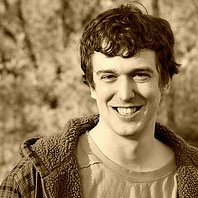
Joshua Carson
Joshua Carson is the API Evangelist for John Deere. He has worked with software teams for eight years. He focuses on how to learn as quickly as possible, getting different teams required to make software communicate with each other, as well as finding the root causes to whatever happens to be going on.
Joshua has been practicing various forms of Agile development for the past six years. As either a developer, tester, customer support, project manager, or any of the other roles required to make a working product, he has seen a variety of software projects from a variety of different views. He has seen how just getting the right people in the right place can make all the difference. His focus is on getting the people on the ground what they need to get the job done with as little overhead as possible.
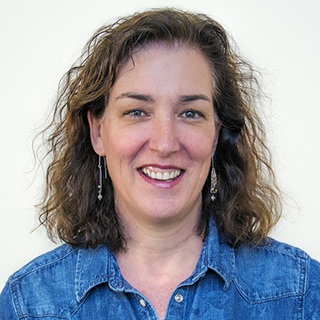
Julie Chickering
Julie Chickering, Agile Advisor & Strategic Solutions Consultant, Agile Coach, Certified Scrum Trainer (CST), Certified Scaled Agile Program Consultant (SAFe® SPC), PMP, PMI-ACP, Accredited Kanban Trainer (AKT)
Julie believes that Agile practices are packed with potential — to enable business agility, and breakthrough results. A passion to empower customers to realize that potential is what brought her to Rally in 2008. She’s amassed a strong track record of helping organizations of all sizes in various industries successfully execute Agile transformations. Julie brings real-world experience working with people at all levels — executive, program, and team — to adopt and roll out realistic Agile strategies organization-wide.
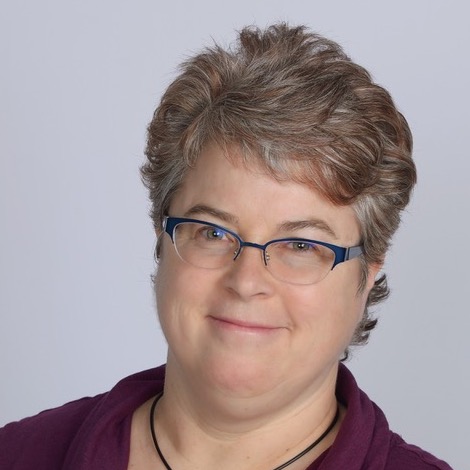
Julie Urban
Julie has over 30 years in Enterprise Software and is an experienced leader of high tech development teams, a former Director of Engineering, and a joint inventor on 5 patents. She is knowledgeable in all aspects of development and delivery, agile methodologies, coaching, and collaborative leadership. She is committed to diversity with a focus on supporting Women in Technology and encouraging girls to embrace STEM. Currently at Veritas in role of Agile Transformation Coach, Scrum Master, and practitioner in the Agile Practice Group.
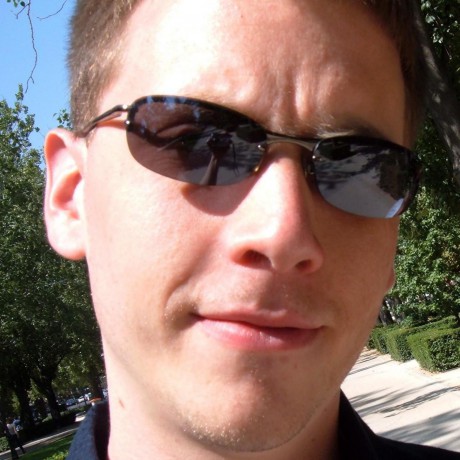
Keith Dahlby
Keith Dahlby is a father, web developer, Git enthusiast, language geek and seven-time C# MVP from Cedar Rapids, Iowa. By day he is CTO of HuBoard and Architect for the New Bohemian Innovation Collaborative; by night he once blogged with Los Techies, but now mostly argues on Twitter. His open source efforts include posh-git, a Git environment for PowerShell; and up-for-grabs.net, a site featuring open source projects looking to mentor new contributors. He's also a core contributor to LibGit2Sharp, used by GitHub for Windows and Git for Visual Studio. Keith studied Computer Engineering and Human-Computer Interaction at Iowa State University, and has spoken at developer events around the world. His talks have been described as "terrific!", "very interactive!", and "the best I've seen all hour!”.

Kevin Seidl
Kevin Seidl is a Product Owner at John Deere in Des Moines, Iowa. He has worked at Deere for over 7 years.
Kevin focuses on a customer first approach to problem solving, preferring to get his boots dirty in the field understanding needs over white boarding in a conference room. Farming and big data are rarely in the same sentence but Kevin brings those together in the products he delivers.
When he's not working you may find him on the side of the road cursing the British engineers responsible for his car’s(MGB) most recent demise. He has also perfected the "agile oil change": add oil in faster than it can leak out, but never all at once.
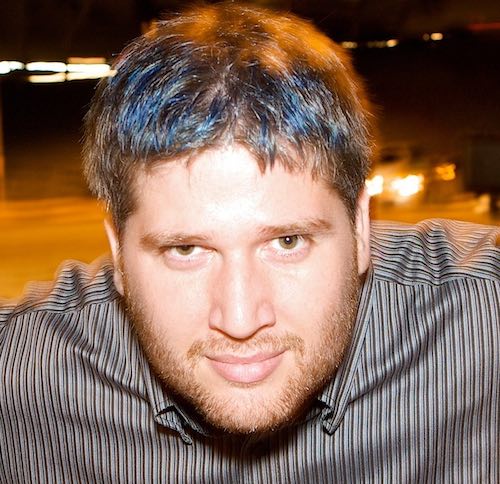
Llewelyn Falco
Llewellyn Falco is an independent agile coach. He is a PluralSight author, international speaker and the creator of the open source testing tool ApprovalTests( www.approvaltests.com ). He spends most of his time programming in Java and C# specializing in improving legacy code. He also volunteers creating courseware and teaching kids to program ( www.teachingkidsprogramming.org ).
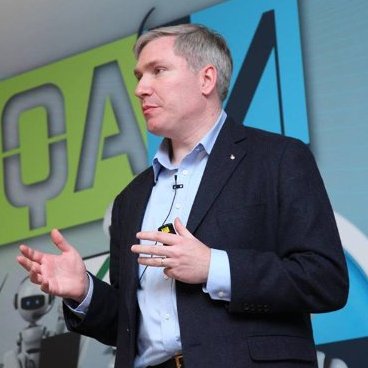
Matt Heusser
As the Managing Director of Excelon Development, Matt Heusser, consults, trains, and does software delivery while helping others do it. Probably best known for his writing, Matt is the lead editor of "How to Reduce The Cost of Software Testing" (Taylor and Francis, 2011), editor for Stickyminds.com, and recipient of the 2015 Most Popular Online Contributor to Agile at the Agile Awards. A 2014 recipient of the Most Influential Agile Test Professional Person Award (MAITPP) in Potsdam, Germany, Matt also served as the lead organizer of theSoftware Testing World Cup. He is a former of the board of directors of the Association for Software Testing and creator ofLean Software Testing family of methods.
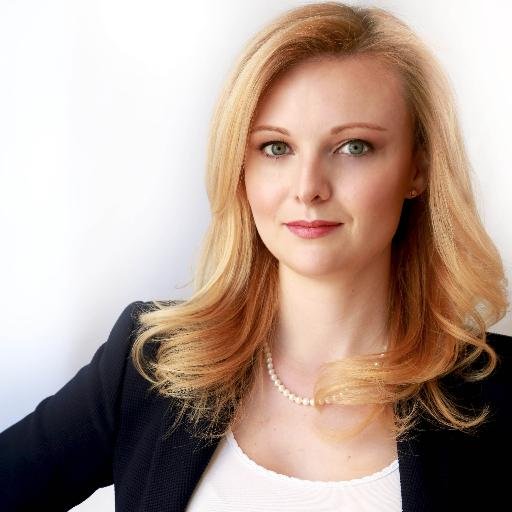
Melissa Perri
Melissa Perri is a product consultant and speaker based in New York City. As the CEO of ProdUX Labs, Melissa does strategy and training for product management teams globally. As a practitioner and a coach, Melissa enjoys finding the best processes for her clients while tackling their toughest product problems with the team. She is currently writing a book called “The Build Trap” and launching a product management school online.

Nivia Henry
A technologist with 15 years of experience executing strategy and delivering high quality products. Career has included product management; program/project execution; people leadership; agile coaching; and enterprise agile transformations. Also a proud participant and contributor to the technology community; including organizing meet-ups and conferences; speaking at local and regional conferences; and guest blogging.
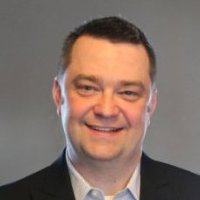
Tim Gifford
Tim Gifford is a software delivery consultant specializing in Extreme Programming, Lean, Agile and DevOps. He has been producing software with teams for over 20 years. He’s been involved in projects ranging from small websites to scaled Agile adoptions at Fortune 100 companies. In 2001, he created one of the first social networking sites without realizing it.
As a Software Delivery Coach, Tim Gifford works with companies to transform their software from a liability and cost center to an asset and competitive advantage.
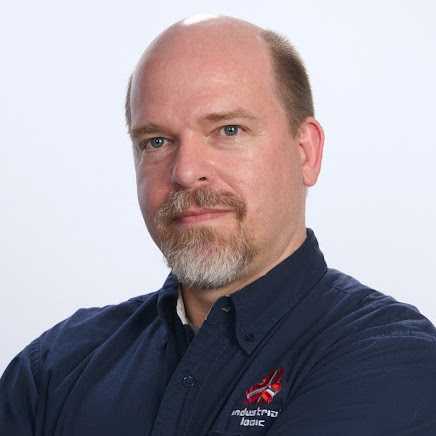
Tim Ottinger
Tim is a long-time programmer (since 1979), reviewer, speaker, writer. He has been active in many of the big changes in software over the past 36 years (including Design Patterns, Object-Oriented Design, and Agile software development).
In addition to his contributions in "Clean Code" and "Agile In A Flash", Tim's articles appeared in the C++ Journal, Pragmatic Bookshelf, InfoQ, CIO, and SmartBear.
Tim is one of the crew of experts at Industrial Logic, a premier agile consultancy, eLearning vendor, and thought leader. Here he joins with other industry experts to help people develop the skills that will make them awesome.
Tim muses about of his experiences and ideas on the Agile Otter blog and the Industrial Logic company blog.
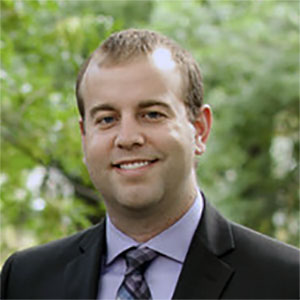
Zach VanMeter
Zach VanMeter is a software engineering consultant for Pillar Technology in Des Moines, Iowa. Industry experience includes the great DSM trifecta of insurance, banking, and agriculture. His normal work day is heavily influenced by both Scrum and Extreme Programming (XP) practices. Zach's career started in business analysis and his desire to be closer to the nuts and bolts of value delivery led to his career in software development.
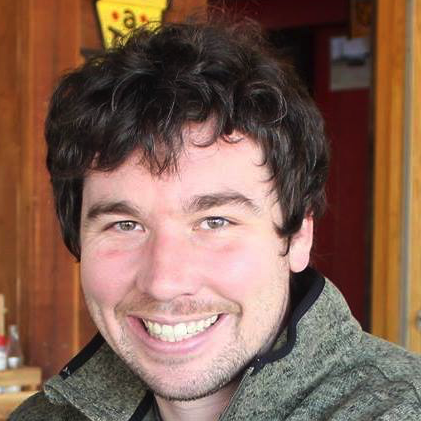
Kevin Knowles
Kevin is a software engineering consultant for Pillar Technology in Des Moines, IA. He has enjoyed how much Pairing, TDD, CI and other Extreme Programming practices has made developing software enjoyable and exciting. Continuing to learn different, new, old, crazy, simple ways to enable quality software development and deliver business value quickly is a major passion of his.